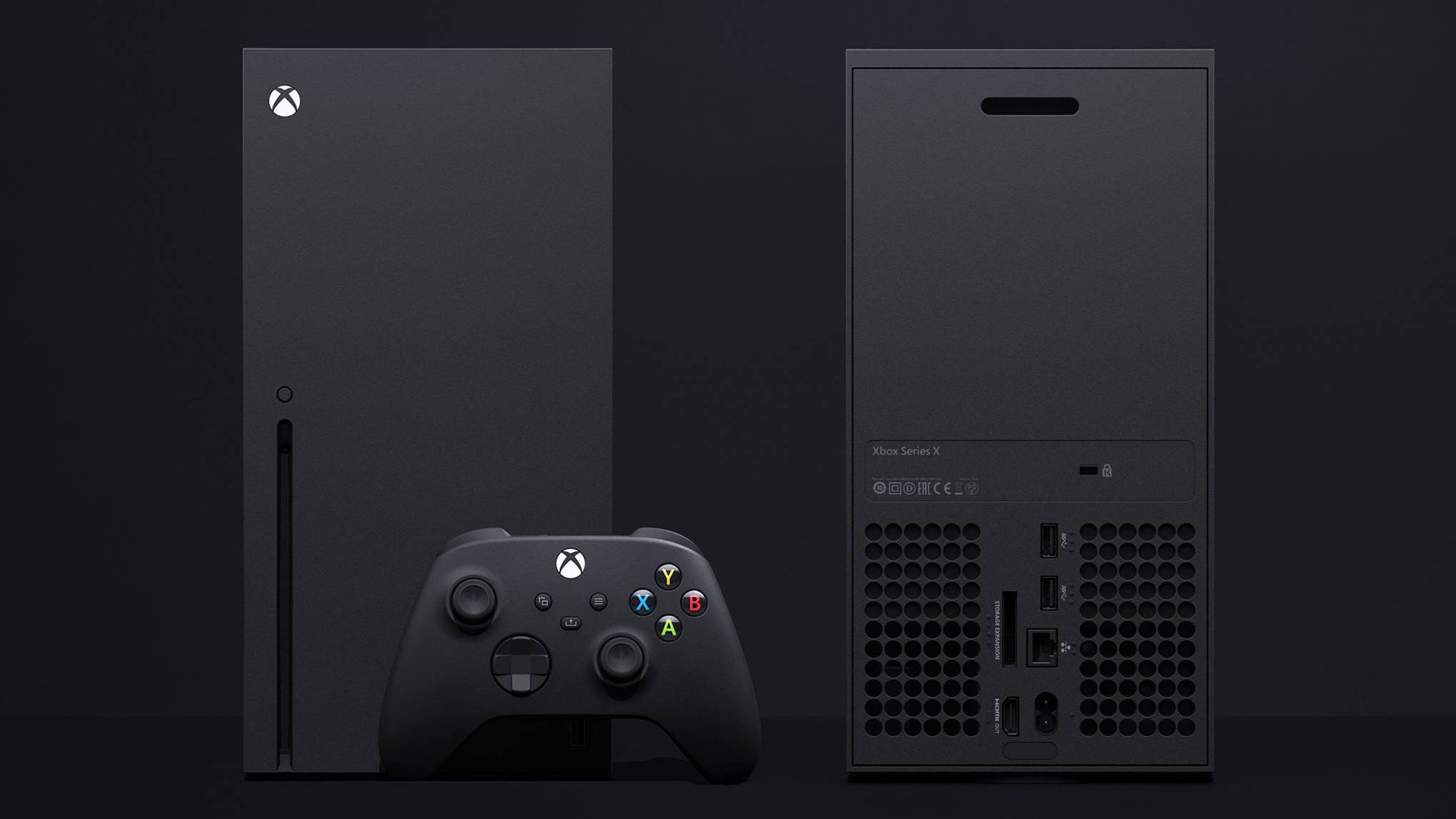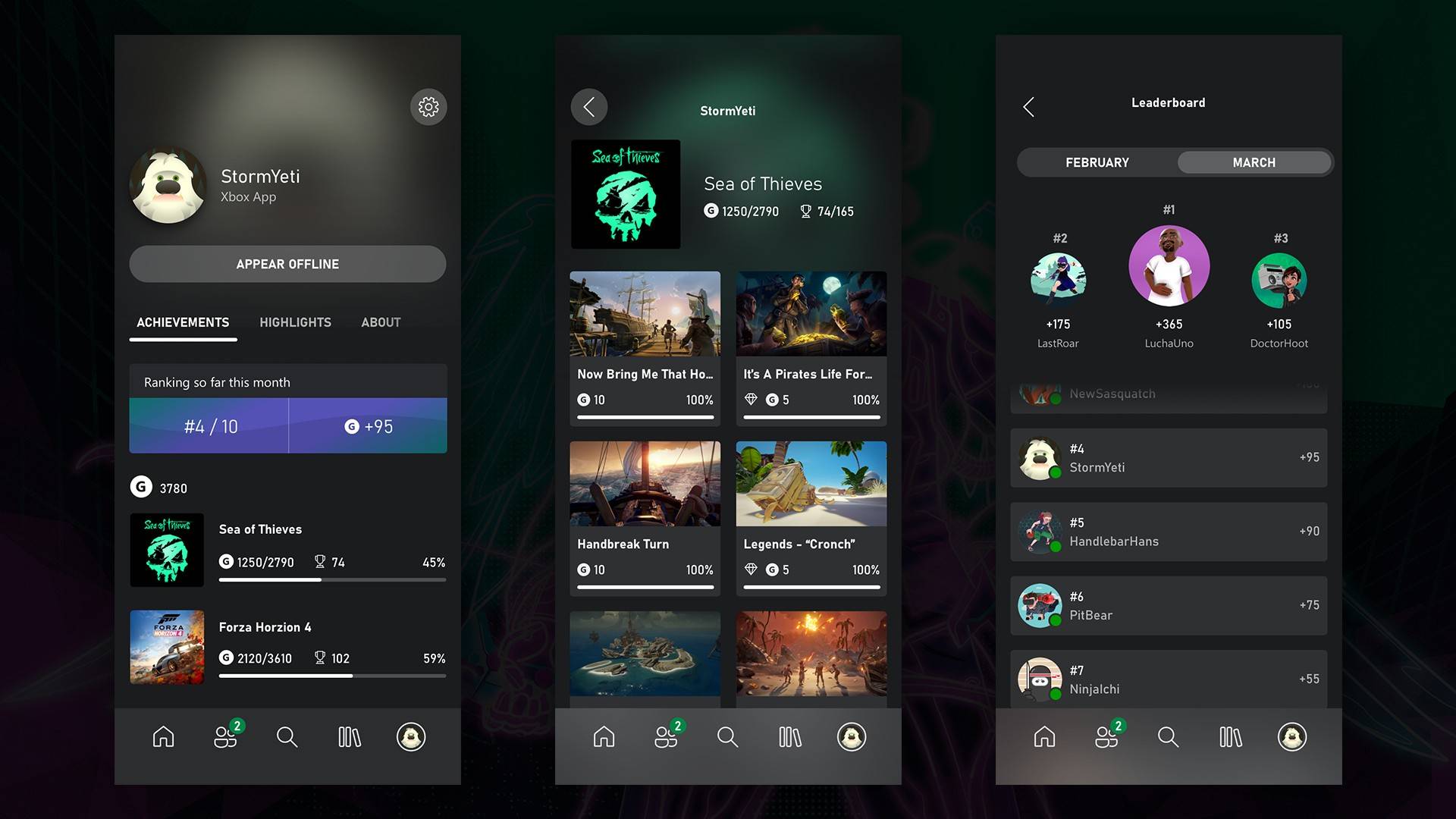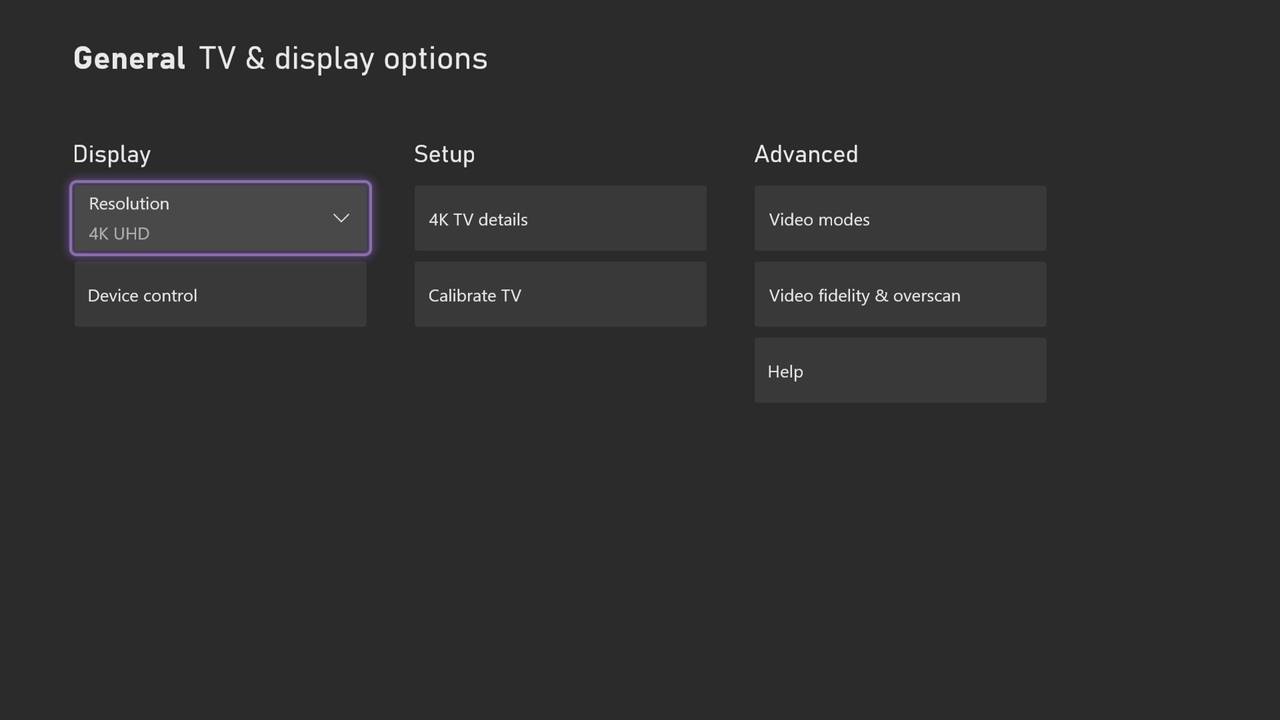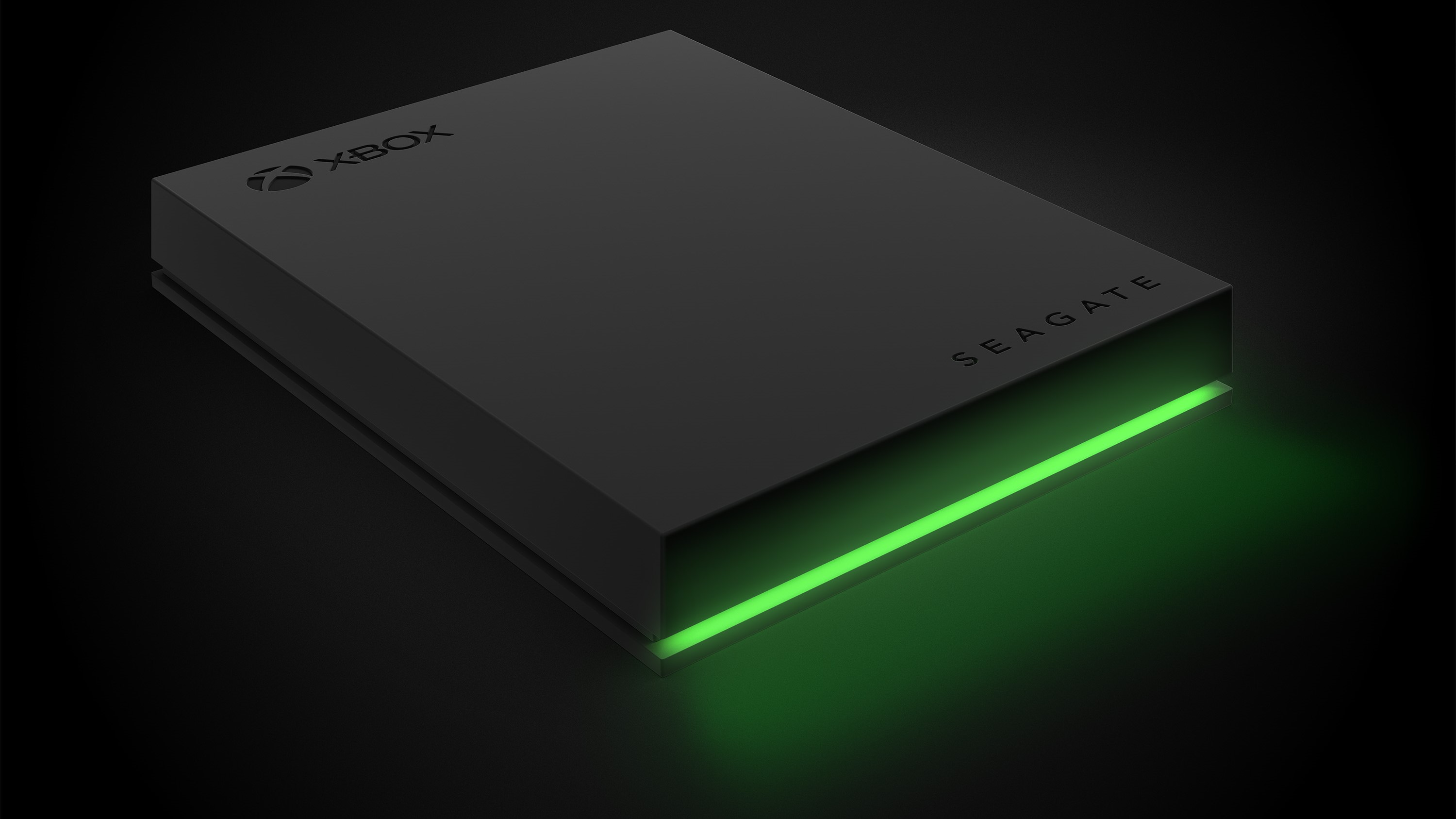Got an Xbox Series X/S for Christmas? Do these 5 things right now
It's been over a year since the Xbox Series X/S consoles went on sale, and even though supply issues remain, there’s a greater chance that many gamers have now been able to get their hands on one.
With that much time to build anticipation, you probably want to shred open the package, shotput your new console at your TV, and immediately start playing – and who could blame you? But before you do, now is the time to make sure your beginning hours with your new console are as smooth and enjoyable as possible.
Nothing is more frustrating than getting a black screen or no audio when turning on a console for the first time. Luckily, setting up an Xbox Series X or S is relatively painless, even if you’re not particularly tech-savvy. However, Microsoft’s new consoles are a bit more complicated than their predecessors. As such, it can be very easy to overlook an essential step when hooking things up.
Fortunately, we've gone through the trials and tribulations of the ninth console generation, and we're here to share our experience with you. So here's our advice on the first five things you need to do if you just got an Xbox Series X or Xbox Series S for Christmas.
1. Make sure your Xbox is hooked up correctly

Many gamers have used the same old HDMI cord for the last couple of console generations. Until now, it didn't really matter what HDMI cable you used as long as it was of decent quality. However, that's all changed with the latest generation of consoles.
Xbox Series X/S consoles are HDMI 2.1 compatible. So, if you use the right cable with a TV that has HDMI 2.1 ports, you'll get access to new features like Variable Refresh Rate (VRR), Auto Low Latency Mode (ALLM), 4K at 120Hz, and more. Luckily, Microsoft includes a compatible Ultra High-Speed HDMI cable that can handle the 48 Gbps bandwidth needed to use these features.
The tricky part is figuring out if your TV supports HDMI 2.1. Many higher-end TVs made in the last two years are HDMI 2.1 compatible, but there may be a catch. Some TVs only support HDMI 2.1 devices on ports 1 and 2. Others only have a single port that can be used. Make sure to check the manual for your display to cut out any guesswork.
The last thing you should do is to calibrate HDR. The Xbox will walk you through the steps on how to get the best results with HDR, which is vital because the console spends most of its time in either HDR or Dolby Vision. Auto-HDR is also a new feature on Xbox Series X and Xbox Series S that can boost color, brightness, and contrast for a dramatically improved image in games that didn't launch with HDR.
2. Check out the Xbox app

Microsoft revamped the Xbox mobile app for the launch of the Xbox Series X/S consoles, and it makes for a great companion. It makes setting up a console for the first time a snap, and afterward, you can use it to:
- Start game downloads from your library of Game Pass to your console remotely
- Add, remove, or block users and chat with them
- Check your profile, avatar, and achievements
- View, share and download gameplay images and video captures
- Use your phone as a remote for the Xbox
- Play Xbox games through Cloud Streaming if you’re an Xbox Game Pass Ultimate subscriber (Android-only, iOS users must use Safari).
Needless to say, the app can do almost everything you can do on the console.
3. Check your display and audio options

Since you went through all that trouble to make sure your Xbox Series X/S was using the correct type of HDMI cable and connected to the right port on your TV, you'll want to make sure you’re getting all the benefits. When you get to the home screen, the first thing you should do is open the settings menu then enter the TV & Display Options menu.
Once in the video settings menu, you can ensure that your console is set to the right options for your TV. These will be automatically detected most of the time, and you'll just need to confirm them. You'll also want to check and make sure your Video Modes are correctly set. In this menu, you can find the options to enable VRR, ALLM, HDR, and Dolby Vision. Clicking on ‘4K TV details’ also shows a handy checklist of every Xbox feature that your TV supports.
After confirming the display settings, you can take a glance at Volume & Audio Output to ensure your speakers or headset are being properly recognized. You can also enable spatial audio here including Windows Sonic, Dolby Atmos, or DTS Headphone:X, but you’ll need to purchase a license for the latter two.
4. Connect your old external hard drives

While you're probably eager to experience a bunch of new games, don't forget that Xbox Series X/S consoles have exceptional backward compatibility. If you were using an external hard drive (or two) to store games on your Xbox One, your current drive will transfer to a Series X or S seamlessly.
To transfer an external hard drive from an Xbox One to an Xbox Series X/S, all you have to do is plug the USB cord into your new console. It'll recognize the drive without any need for updates, and you can play any games stored on it instantly. You can also store Optimized for Xbox Series X/S games on an external hard drive, but they'll need to be installed on the internal SSD or Seagate Xbox Storage Expansion Card for you to play them.
5. Grab Xbox Game Pass

Xbox Game Pass is one of the best deals in gaming right now. The basic plan is $9.99 / £7.99 / AU$ 15.95 a month and gives you instant access to over 100 games, including all first-party Xbox Game Studios titles like Halo Infinite and Forza Horizon 5. However, we recommend Xbox Game Pass Ultimate, which also includes EA Play, Xbox Live Gold, Xbox Cloud Streaming, and Game Pass for PC.
The only drawback to Xbox Game Pass is that certain titles are only available for a limited time. However, subscribers get a 20% discount on any title on the service and 10% off DLC, which means you can get a great deal on any game you want to keep.
Now that your Xbox Series X or S console is set up, you can enjoy some of the best Xbox Series X games available right now and throughout 2022.
- Xbox Series X vs Xbox Series S: which console is right for you?


No comments